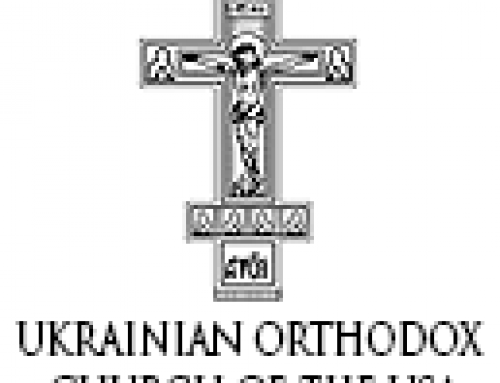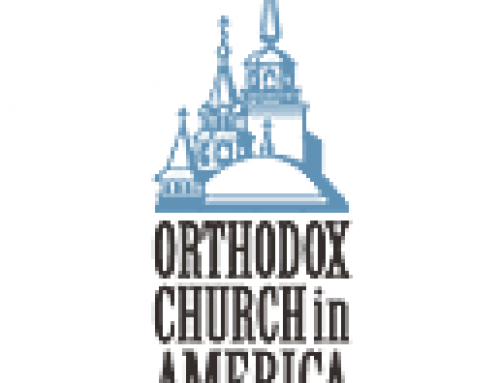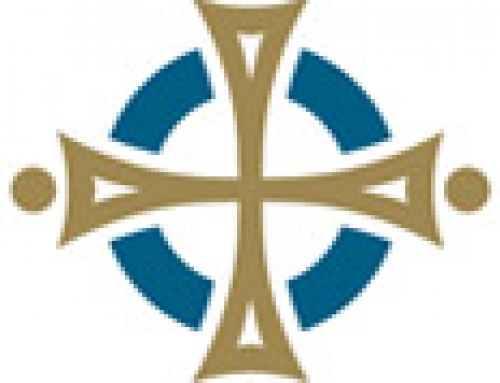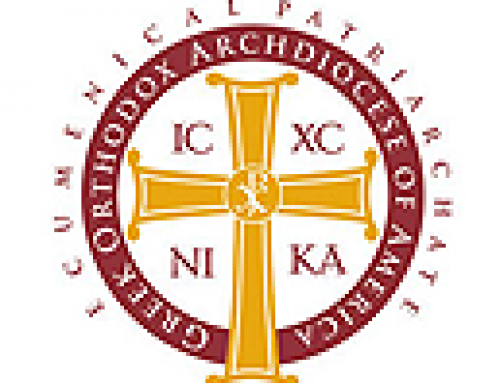This post was originally published on this site
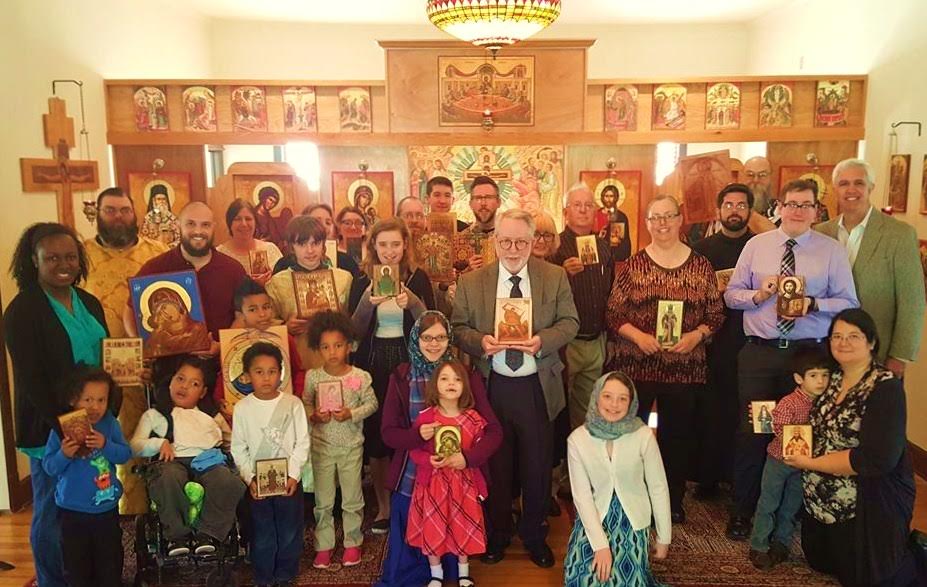
“As a mission priest, one question I find myself asking every day is ‘where is the work?’” says Priest David Bozeman of Saint Nektarios Mission here. “Certainly there are many things that need to be done, but every day it is helpful to pause and consider what is really needful. What can we do to further the Kingdom of God?”
One thing about which Father David is certain is that in mission work, there is no “one-size-fits-all” model for success.
“Growth in numbers is primarily an organic and personal phenomenon, but growth is always on the mind of a mission community,” he explains. “It is a sort of perpetual test of faith and trust. And so we react to that and say to ourselves, ‘we have to do something!’ And so we return to the question, ‘Where is the work?’”
Father David is quick to add that, in Saint Nektarios’ brief time as a mission, the one “work” to which the faithful return time and time again is their collective life of prayer and the Church’s liturgical services.
“We are, first and foremost, a people that pray both collectively and individually,” Father David states. “The bulk of our effort is spent in our commitment to pray. And as we all know, this is real work. As a mission priest, when I ask myself each day, ‘where is the work?’ the first answer is that it is in prayer.”
Saint Nektarios Mission is one of several to receive an OCA Planting Grant for 2017—in this case, for its second year.
“The grant allows mission priests the freedom to commit to prayer without other distractions,” Father David says. “Yes, there are e-mails to send, web sites to maintain, floors to sweep, and the sick to visit, but the real work of praying for the community is where it all begins and where it all remains meaningful. And most often that is done alone. Because our mission is still modest in size, daily services are not celebrated, but prayer occurs at the church daily as the bedrock and foundation of establishing a mission. And though prayer may not be particularly extravagant or ostentatious—and it may even seem counter-productive to busy people—without it, our work remains simply an activity.”
Father David considers creativity to be another aspect of discovering where the work is.
“Our mission is always thinking creatively about what to do next, and because we are still relatively young, we don’t have those long-established patterns that may or may not be effective in maturing the Church,” Father David continues. “And so we are always looking at other missions and parishes and asking, “what work are you doing?’ The answers can be diverse: vigils, monastery trips, yard-sales, crawfish boils, festivals, movie nights, etc.—in other words, try something and see what happens. Life in a mission oftentimes means just trying something, offering it to God, and then returning once again to prayer.”
Father David and his growing flock hope that their ongoing work “will never just become ‘routine.’ If we successfully ground ourselves in prayer and have the courage to be creative in our efforts, then our faith and life in the church won’t become commonplace or familiar, but will remain dynamic and beautiful. And that, in fact, is where the real work lies.”


